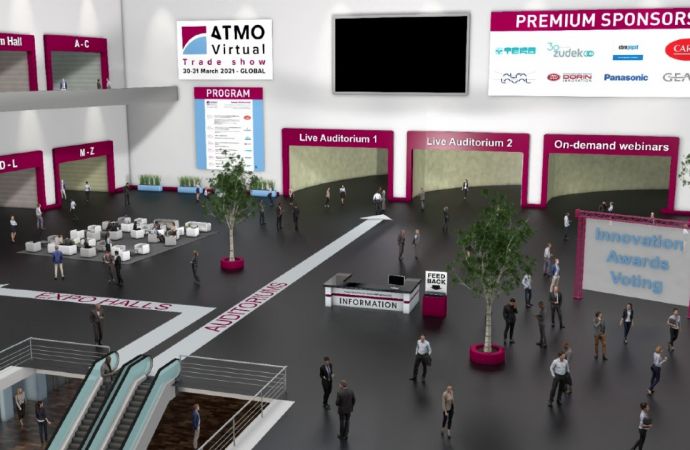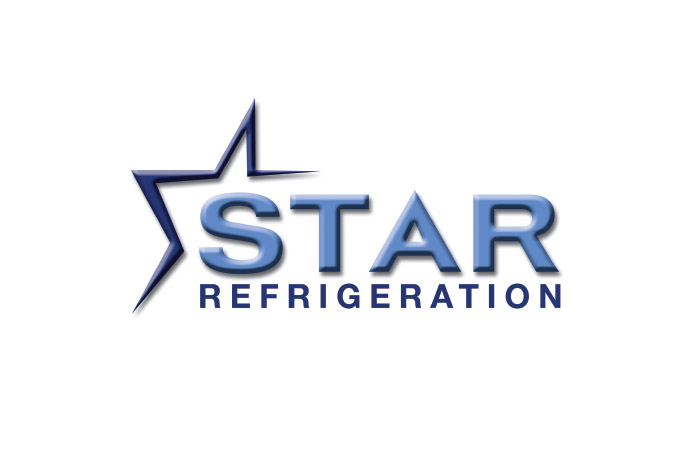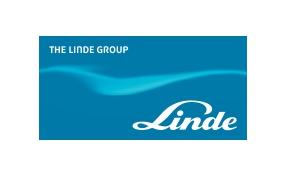In the first part of the ATMOsphere 2010 workshop review, ammonia21.com provides insights on where the International Institute of Refrigeration sees the most dynamic markets for natural refrigerants and its recommendations to bring them faster to market. Johnson Controls also identified barriers to the wider introduction of NH3 heat pumps and explained different heat pump types. +IMAGE GALLERY +Image Gallery.

From 27 to 28 September 2010 stakeholders from the natural refrigerant sector gathered in Brussels to find out HOW to bring natural refrigerants faster to market. Industry representatives explained what is feasible today, what technologies using ammonia as a refrigerant are available on the market and what barriers they face, while NGOs and policy representatives expressed their strong support for natural refrigerants.
Didier Coulomb - International Institute of Refrigeration (IIR)
Didier Coulomb, Director of the IIR, underlined the need for the refrigeration, heating and cooling equipment to become more sustainable as their growth rate increases worldwide. The IIR has identified Europe and Japan as the most dynamic markets for natural refrigerants. Coulomb confirmed that when taking into account current constraints, natural refrigerants are already a well-known and promoted option for new equipment.
Coulomb also pointed out that the most important competitors in the future would be low Global Warming Potential (GWP) chemical refrigerants. However, he added that natural refrigerants have taken the lead in specific markets, while safety standards related obstacles seem to have been overcome on several occasions, referring to the use of ammonia in France as an example.
Three priority areas were suggested by the IIR for a sustainable cooling and heating sector:
Johnson Controls: Packaged ammonia heat pumps
As ammonia heat pumps are one of the natural refrigerant-based products of Johnson Controls (JCI), Alexander Cohr Pachai, Business Development Manager Industrial, presented the advantages of different ammonia heat pump types. He pointed out that when using ammonia as a refrigerant, single-stage large capacity heat pumps can convert waste heat of 20 to 40°C and supply hot water up to 65-70°C. Two-stage ammonia heat pumps can on the other hand be used for heating and air conditioning purposes in applications where both heating and cooling are required. The combination of a boiler with a two-stage ammonia heat pump often offers the most economical solution, though requires careful planning. In countries where the electricity price is more than 3 times the gas or oil price, heat pumps driven by combustion engines should be considered. The use of combustion engines means that the water temperature can be increased above 65°C to 75°C or 80°C depending on inlet temperature.
Some of the barriers for the introduction of NH3 heat pumps include:
A second article to be published tomorrow will summarise Star Refrigeration’s presentation about the economic benefits of high temperature ammonia heat pumps, Mayekawa’s new range of cooling applications using natural refrigerants and eurammon's natural refrigeration award.
All ATMOsphere 2010 presentations are available in the paper section.
Didier Coulomb - International Institute of Refrigeration (IIR)
Didier Coulomb, Director of the IIR, underlined the need for the refrigeration, heating and cooling equipment to become more sustainable as their growth rate increases worldwide. The IIR has identified Europe and Japan as the most dynamic markets for natural refrigerants. Coulomb confirmed that when taking into account current constraints, natural refrigerants are already a well-known and promoted option for new equipment.
Coulomb also pointed out that the most important competitors in the future would be low Global Warming Potential (GWP) chemical refrigerants. However, he added that natural refrigerants have taken the lead in specific markets, while safety standards related obstacles seem to have been overcome on several occasions, referring to the use of ammonia in France as an example.
Three priority areas were suggested by the IIR for a sustainable cooling and heating sector:
- Reducing the energy consumption of the appliances
- Reducing refrigerant charges & leakages of the cooling gases
- Promoting low-GWP and non-ODS refrigerants
Johnson Controls: Packaged ammonia heat pumps
As ammonia heat pumps are one of the natural refrigerant-based products of Johnson Controls (JCI), Alexander Cohr Pachai, Business Development Manager Industrial, presented the advantages of different ammonia heat pump types. He pointed out that when using ammonia as a refrigerant, single-stage large capacity heat pumps can convert waste heat of 20 to 40°C and supply hot water up to 65-70°C. Two-stage ammonia heat pumps can on the other hand be used for heating and air conditioning purposes in applications where both heating and cooling are required. The combination of a boiler with a two-stage ammonia heat pump often offers the most economical solution, though requires careful planning. In countries where the electricity price is more than 3 times the gas or oil price, heat pumps driven by combustion engines should be considered. The use of combustion engines means that the water temperature can be increased above 65°C to 75°C or 80°C depending on inlet temperature.
Some of the barriers for the introduction of NH3 heat pumps include:
- The general misinformation about ammonia
- The smallest part of the people in the industry work with ammonia
- 90% of the engineers and technicians don’t understand the systems
- The opposition use all opportunities to scare customers away from NH3
- NH3 is seen as threat to many in the industry instead of learning it
- Seen as being to expensive
- “The business is too good to be true”
A second article to be published tomorrow will summarise Star Refrigeration’s presentation about the economic benefits of high temperature ammonia heat pumps, Mayekawa’s new range of cooling applications using natural refrigerants and eurammon's natural refrigeration award.
All ATMOsphere 2010 presentations are available in the paper section.
MORE INFORMATION
Related stories








